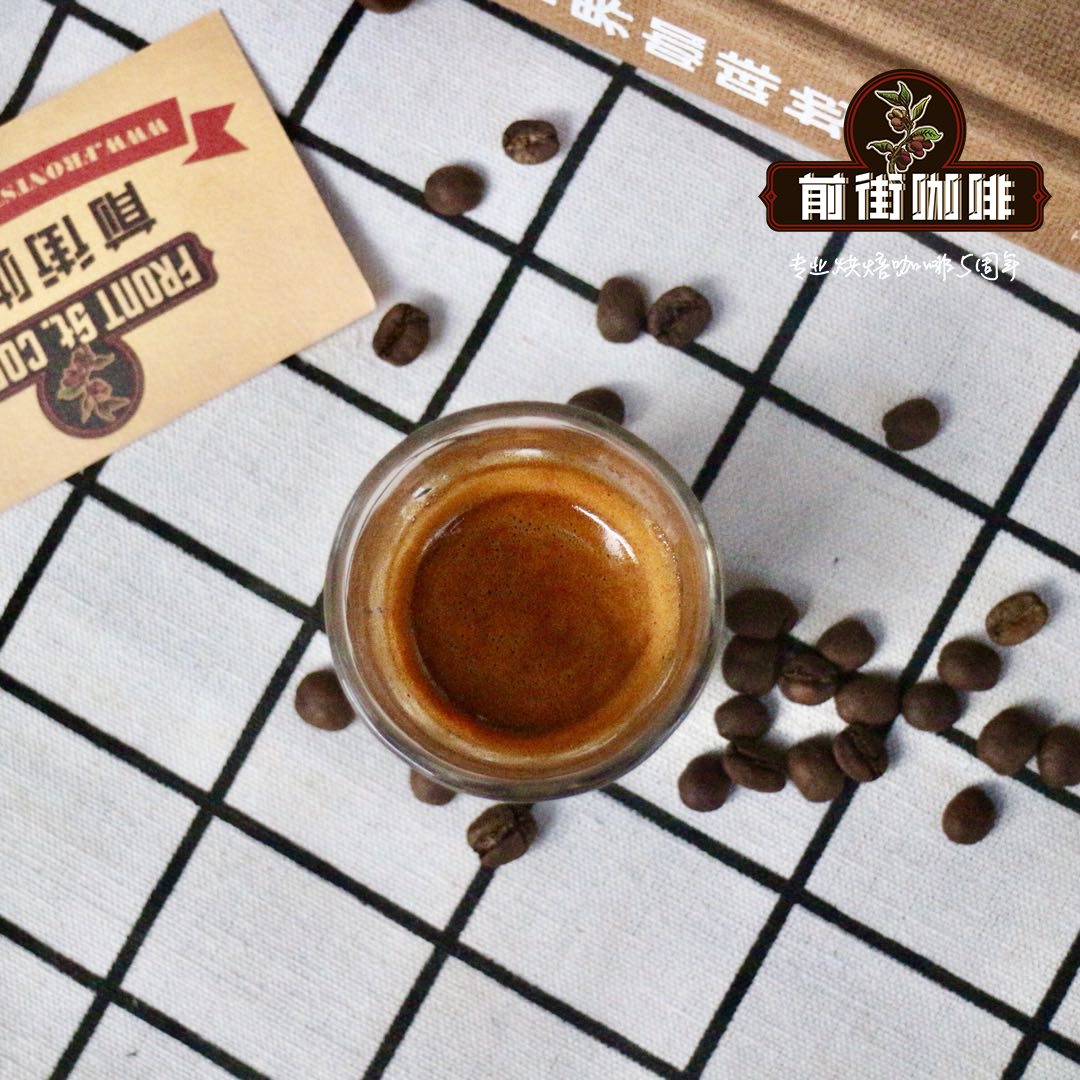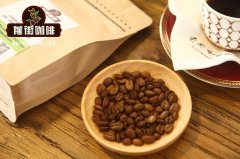How to describe the flavor of Guji coffee beans_Guji coffee production characteristics_Guji coffee bean price comparison

Professional coffee knowledge exchange more coffee bean information please follow the coffee workshop (Wechat official account cafe_style)
The Guji producing area in southern Ethiopia is adjacent to the Sidamo and Gedeo areas, with towering mountains, highlands, plateaus, valleys and plains. The geology of the area is a fertile and well-drained volcanic soil with a depth of nearly two meters and a dark brown or brown surface soil. The biggest advantage of the place is that the soil fertility is maintained through the circulation of natural organic matter, using the withered leaves or litter of the surrounding trees and the residual roots of plants as natural fertilizer.
The administrative region of Ethiopia is divided into four grades, the order from big to small is Region, Zone, woreda and kebele. Most of the raw coffee beans are named according to this rule. For example, Guji-Shaquiso launched by Qianjie Coffee is located in the southeast of Yejia Sheffield, a well-known producing area, and belongs to Oromia Region → Guji Zone → Shakisso woreda, belonging to the regional source of coffee beans.
Just like Yejia Xuefei became well-known after becoming famous, so it became an independent producing area. Guji became an independent production area by ECX in 2010 because of its superior geographical location and cup flavor. Shakisso (sometimes translated as Shakiso) is the most attractive micro-producing area in the Guji coffee producing area, which is located in the southeast of Yejia Shifei, with an average altitude of more than 1800 meters, fertile black soil (Vertisol), and a significant temperature difference between day and night, so that the local has all kinds of local conditions to produce high-quality boutique coffee. Almost all the sources of local coffee production belong to the form of individual small farmers. At the arrival of the production season, the ripe red transparent berries from their neighbors are picked and sent to the treatment plant, and placed on a well-ventilated African scaffolding to control the temperature and fermentation degree. After the pulp is removed, the water content is reduced to between 11.5% and 12%. When the post-processing and static operation are completed, the export is done through the competitive bidding system of the ECX Ethiopia Commodity Exchange. Local exporters or international buyers follow this system to find their favorite raw coffee beans.
In recent years, the most eye-catching producing area in Ethiopia is Yejia Sheffield. Guji-Shakisuo is less well-known than Yejia Sheffield, but under the trend of soaring overall prices in 2015, international boutique buyers are looking for other neighboring producing areas, such as Sidamo, Limu, Jimma … Wait, wait,
Guji-Shaquiso coffee is actually quite unique, and the coffee produced has also repeatedly attracted market attention. Ninty Plus launched the legendary bean Nekisse at the end of 2009, which originally means "nectar from Shaquiso" (Nectar from Shakisso). The origin and naming come from Shakisso. Another Level Up-produced Derar Ela, which is also produced in Shaquiso, was repeatedly praised by Taiwan businessmen last year, and won an excellent score of 95 Coffee Review points in April 2014.
Brand recommendation of Guji Coffee beans
Qianjie Coffee roasted Gucci Coffee beans-Humbera Huakui 2.0 Coffee beans are fully guaranteed in terms of brand and quality. And more importantly, the performance-to-price ratio is extremely high, each pack of 227 grams, the price is only about 98 yuan. According to the calculation of 15 grams of coffee beans per cup of coffee, a bag of coffee can make 15 cups of coffee, which costs only about 6 yuan per cup, which is recommended by conscience compared to the price of tens of yuan a cup sold in a coffee shop.
Qianjie coffee: Guangzhou bakery, the store is small but a variety of beans, you can find a variety of unknown beans, but also provide online store services. Https://shop104210103.taobao.com
Important Notice :
前街咖啡 FrontStreet Coffee has moved to new addredd:
FrontStreet Coffee Address: 315,Donghua East Road,GuangZhou
Tel:020 38364473
- Prev

Story of Guji Coffee producing area _ characteristics of Guji Coffee beans _ how much is a cup of Gucci Coffee
Professional coffee knowledge exchange more coffee bean information Please follow the coffee workshop (Wechat official account cafe_style) Guji coffee is undoubtedly the most high-profile producing area in the past two years, the local residents are the Guji Oromo race, coffee is the core crop grown by this alpine nation. Over the past few decades, Gucci's coffee has been subsumed to Sidamo.
- Next

How to describe the flavor of Gucci coffee beans _ Guji Timtu Coffee introduction _ what is the price of Gucci coffee beans
Professional coffee knowledge exchange more coffee bean information please follow the coffee workshop (Wechat official account cafe_style) Ethiopian coffee is mainly produced in eight major areas: Ekempti, Limu, Illubabor, Djimma, Harrar, Teppi/Bebeka, Sidamo, Yirgacheffe. Ethiopian coffee is highly rated in China, especially in Ethiopia.
Related
- Detailed explanation of Jadeite planting Land in Panamanian Jadeite Manor introduction to the grading system of Jadeite competitive bidding, Red bid, Green bid and Rose Summer
- Story of Coffee planting in Brenka region of Costa Rica Stonehenge Manor anaerobic heavy honey treatment of flavor mouth
- What's on the barrel of Blue Mountain Coffee beans?
- Can American coffee also pull flowers? How to use hot American style to pull out a good-looking pattern?
- Can you make a cold extract with coffee beans? What is the right proportion for cold-extracted coffee formula?
- Indonesian PWN Gold Mandrine Coffee Origin Features Flavor How to Chong? Mandolin coffee is American.
- A brief introduction to the flavor characteristics of Brazilian yellow bourbon coffee beans
- What is the effect of different water quality on the flavor of cold-extracted coffee? What kind of water is best for brewing coffee?
- Why do you think of Rose Summer whenever you mention Panamanian coffee?
- Introduction to the characteristics of authentic blue mountain coffee bean producing areas? What is the CIB Coffee Authority in Jamaica?

